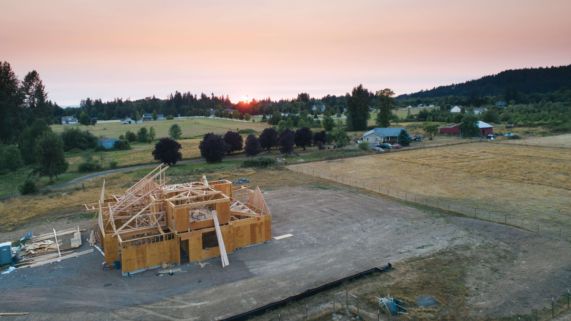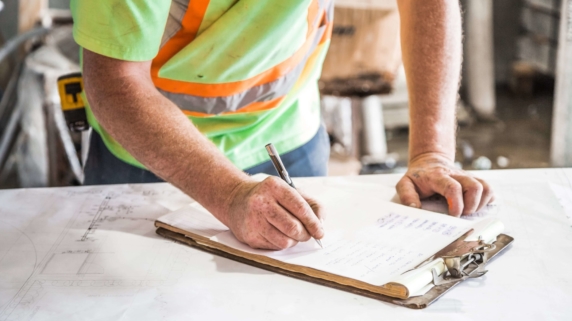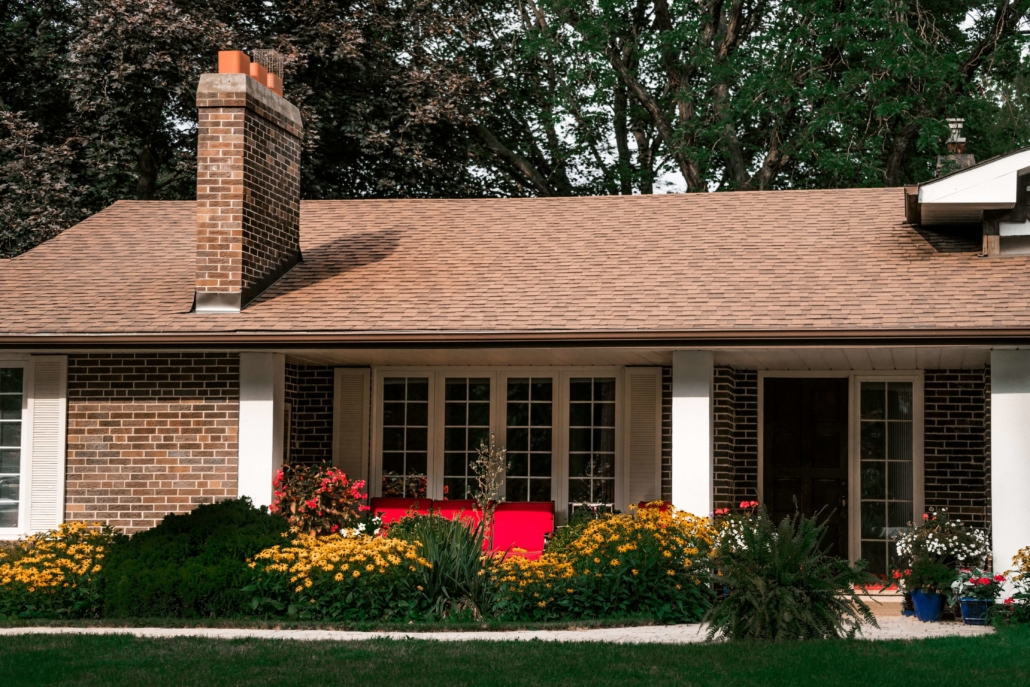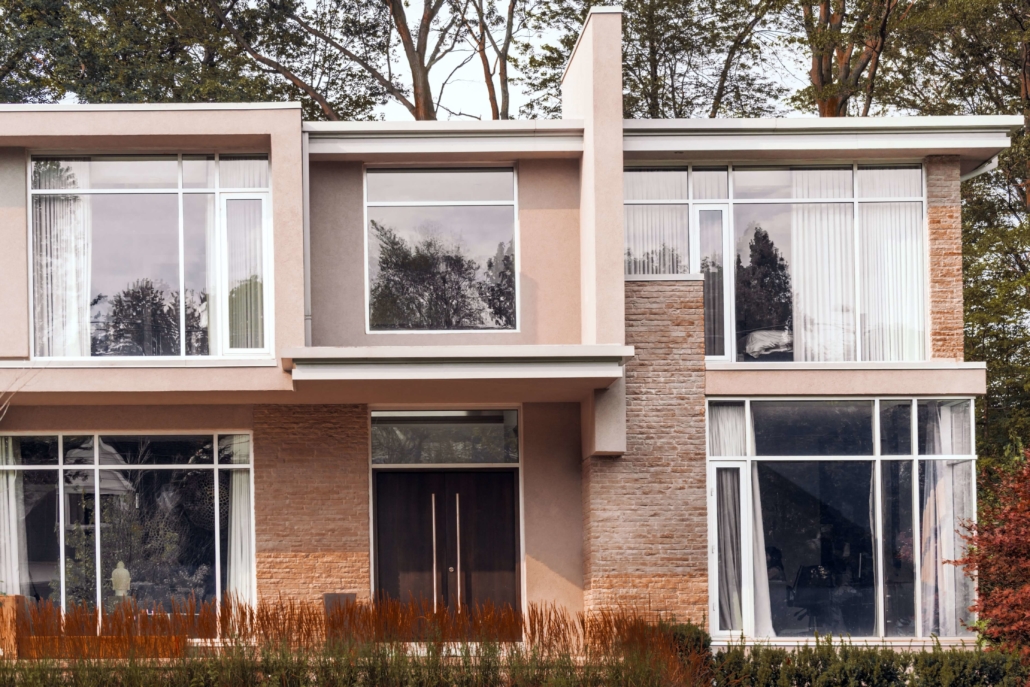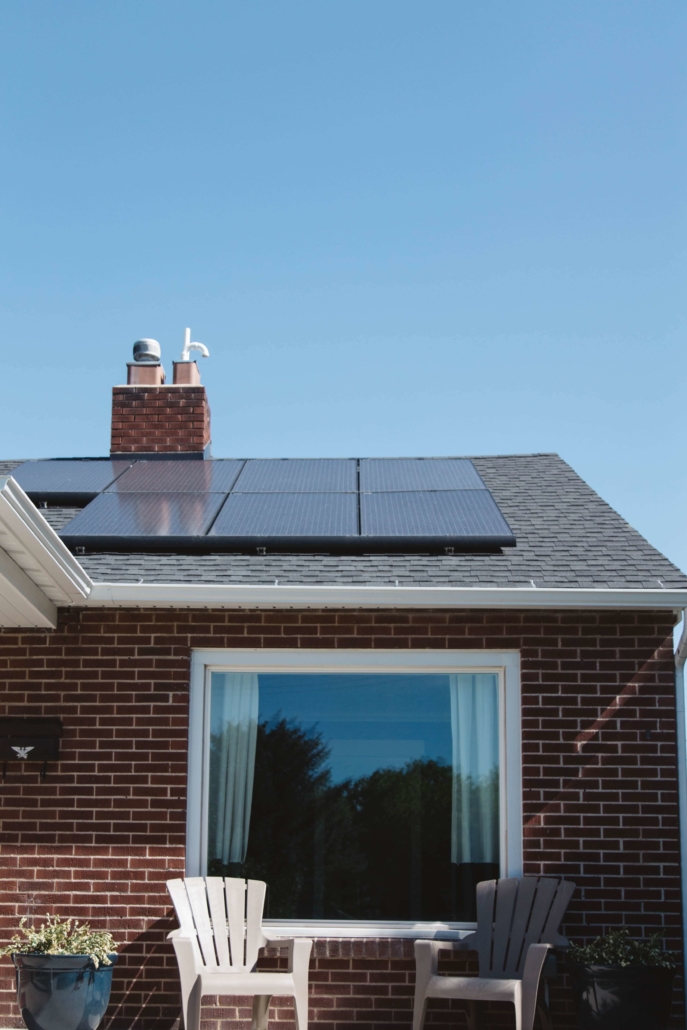The 5 Ws of Building a Custom Home
We’d like to think that building a dream home is like building a LEGO home or a house on the Sims, except we all know that’s not the case. Building a custom home is a lot of work, but the rewards are pretty incomparable.
We’ve talked about the differences between buying and building a home in past blogs. But if you’re finding yourself more ready to take the leap, there are some essential questions to answer. RealtyHive takes a look at the who, what, where, when, why, and how of home building to help get you started.
Who should build a house?
You’d be a good candidate to build a house if you:
- Meet all the financial criteria of home ownership
- Are you looking to live in a developing area
- Are excited by the idea of building
- See an opportunity where the building is more beneficial than buying
- Need or want a custom home (and buying an existing home and renovation would be more expensive).
You don’t have to meet everything on that list to qualify for building a home, it’s more of a guideline. If you have no desire to build, there’s no reason to force yourself to. However, if the type of home you’re looking for is so custom that it’s impossible to find (or way more expensive to renovate), then maybe you should consider the building after all.
What’s the cost difference between buying and building a home?
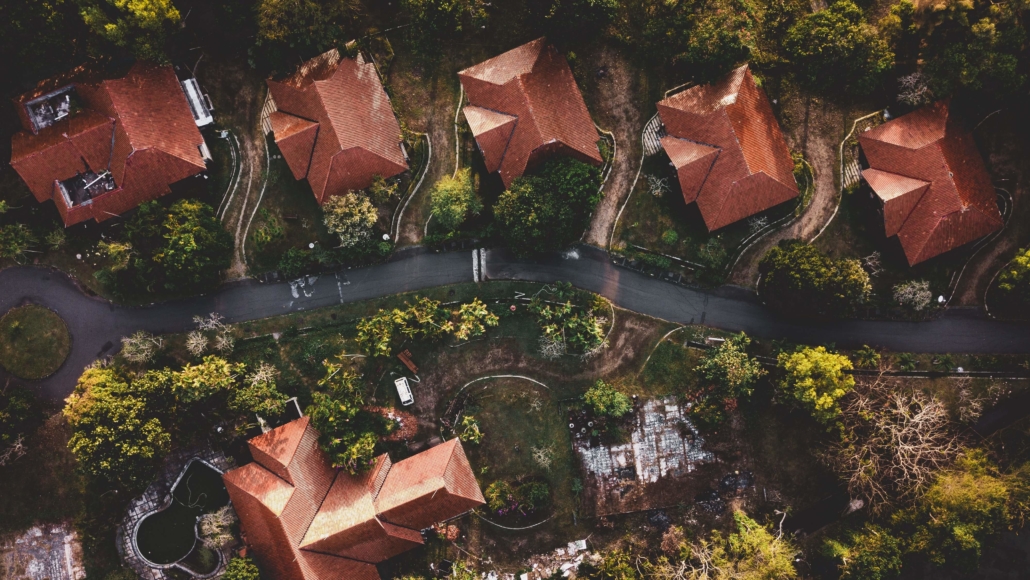
It depends. In most cases, buying a house is cheaper than building, but that’s not a guarantee. There are plenty of instances where people buy a house that needs a lot of work, and the renovations + house cost ends up costing more than if they had just built.
How do you pay for house building?
When it comes to building, you can get a construction loan that only requires you to pay the interest during the building process. The rest of the loan rolls into your actual mortgage at closing. If you’re worried that you can’t afford to build a house, just know that the payment process isn’t all that different from buying.
Plus, some states offer tax credits to alleviate some of the expenses that automatically apply for homeowners, but homeowners who built their home have to apply for. Homeowners in Wisconsin, for example, get a tax credit through the lottery system. Those who had their home built can get this same credit, but they have to send a form to do so. Do some research on what rebates exist in your state.
There’s another hack that many people are unaware of: you don’t have to put everything in all at once. Adding some things now that can set up for later is a huge cost (and time) saver. For example:
- Don’t add air conditioning yet, but get forced air heating. Adding A/C later on is extremely easy if you already have forced air.
- Don’t build the deck right now, but do install a patio door for it.
Where’s a good place to build a custom home?
Building locations depend from state to state — even if you own land, you’ll likely have to consult with local municipalities about building (or contact a general contractor with insight on building permits).
In the case of subdivisions, there are a couple things to note:
- Builder exclusivity: Some subdivisions only allow you to use certain builders.
- Restrictive covenants: You’ll have to play by the subdivision’s rules. Often this means no sheds or outbuildings or that your home exterior has to meet certain requirements (i.e. siding colors or incorporating brick for one-fourth of the exterior).
When is the best time to build a house?
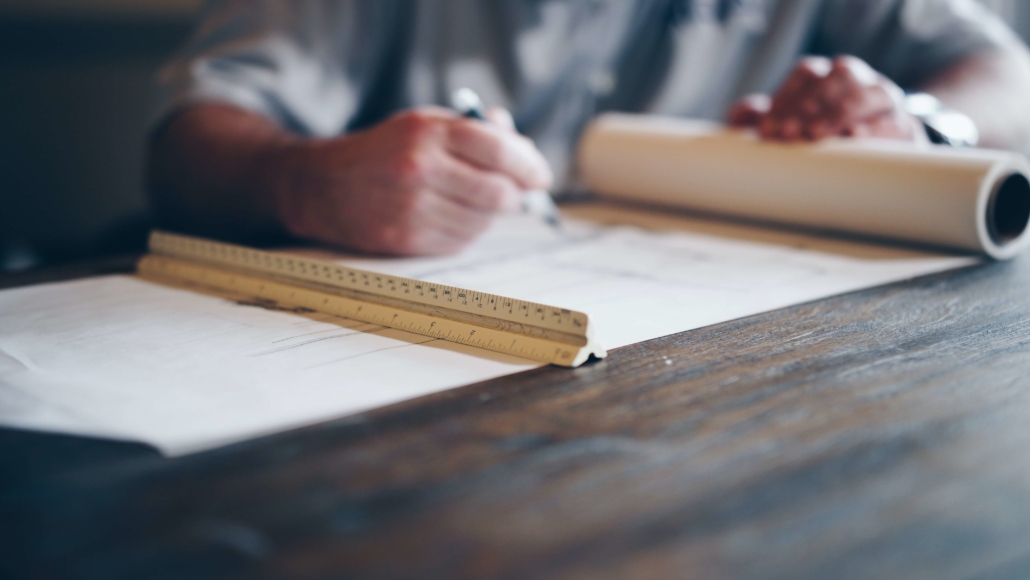
If time is of the essence, spring or summer is a good time to build. Except, of course, if you live in warmer climates, in which case winter might actually be more ideal.
However, if you’re not in a rush, you might want to talk to a building company about starting in the fall. In extremely cold climates, they might be unable to work through the winter. But the benefit to starting in the fall is that work and demand slow down a ton, which could lower your costs.
Why should you build a house?
Other than the appeal of building a custom home, there are several other reasons why people go this route:
- Building for the future: You can create a highly sustainable, environmentally-friendly smart house from the start.
- Meets your needs: Did you know that nearly 13% of the population has a disability? Not to mention, most of us eventually need adaptive assistance as we get older. Most homes are built assuming that homeowners can walk up and down stairs or have functioning hearing or vision. Building a custom home means many homeowners can have a home that truly adapts to their needs.
- Houses are still in demand: The population continues to grow, and people need space to live.
How do you get started?
You’ll want to have a general outline in mind. How many bedrooms and bathrooms? Two-story, ranch, or split-level? How big of a plot are you looking for? In a subdivision or out in the country? What’s your time frame?
Next, do some research on building teams in the area (if building in a subdivision, talk to them directly). They’ll help you narrow down what you’re looking for and what they can provide, and hopefully have a crew that includes a surveyor, engineer, plumber, and electrician. They will help you clear the land to prepare the area as well.
But before you can jump into any of that, you need land to build on! Look through RealtyHive to find vacant land for sale, and best of luck in your building process.

